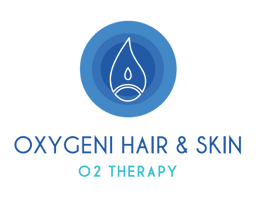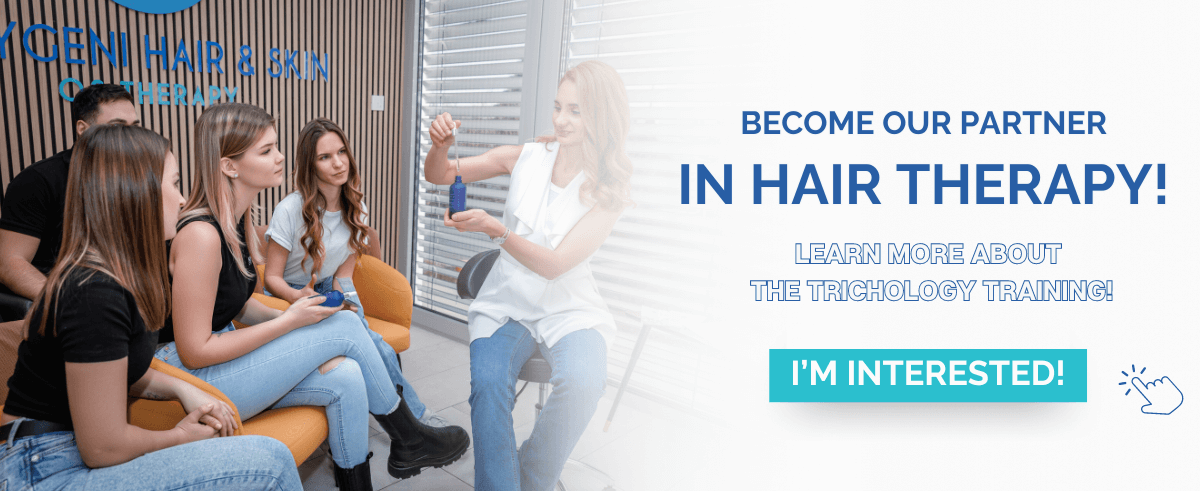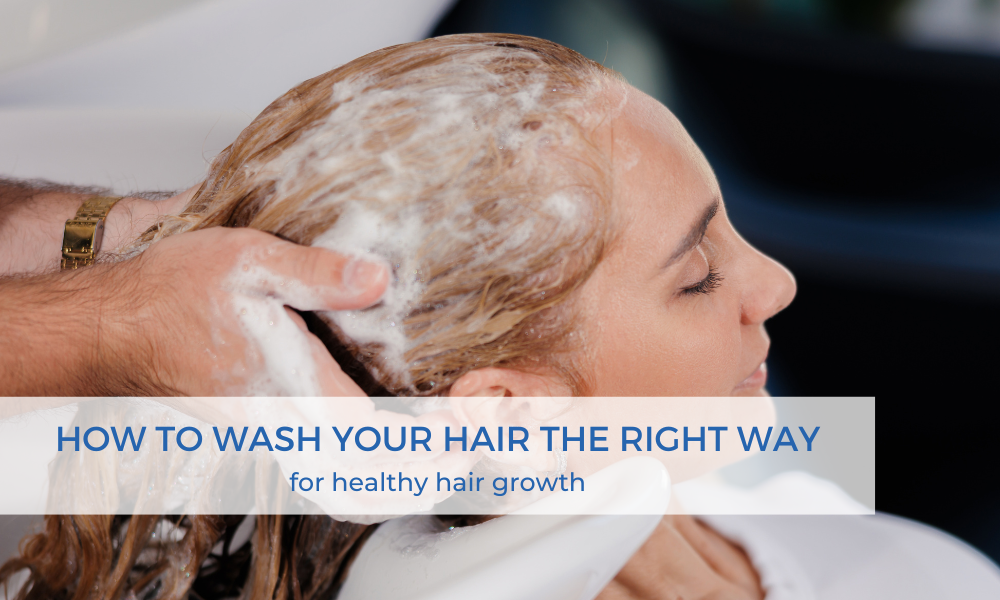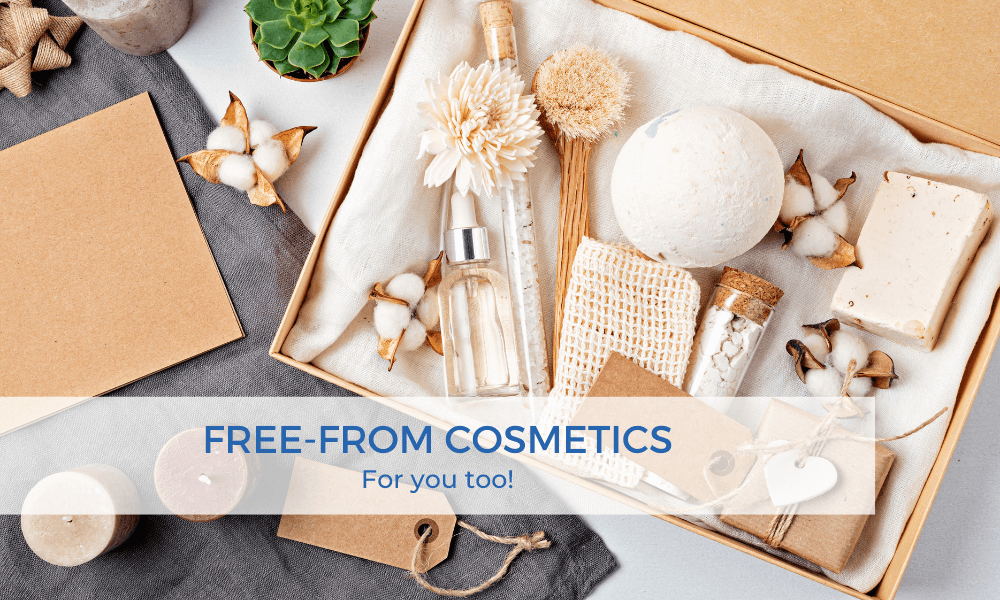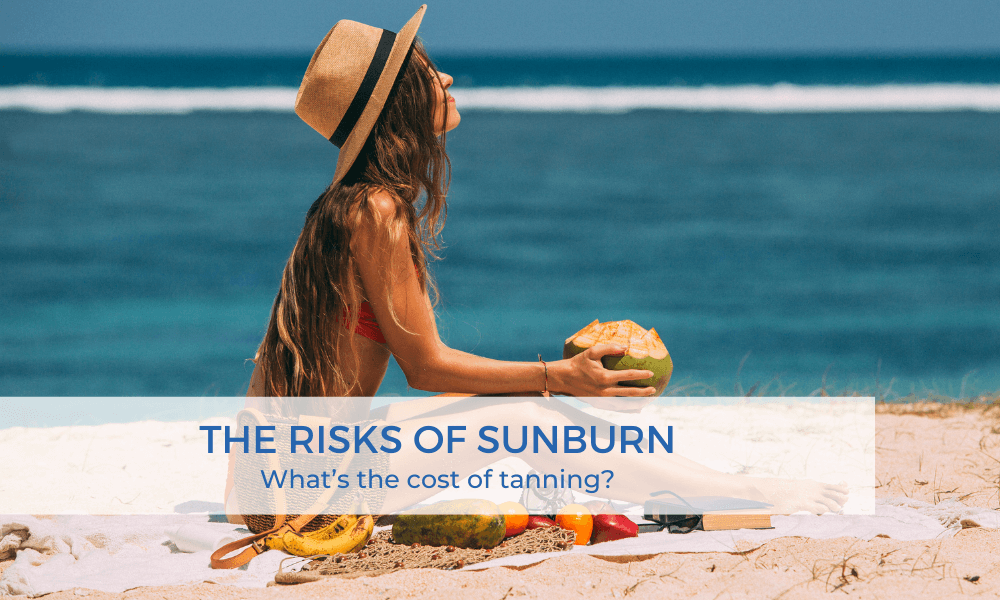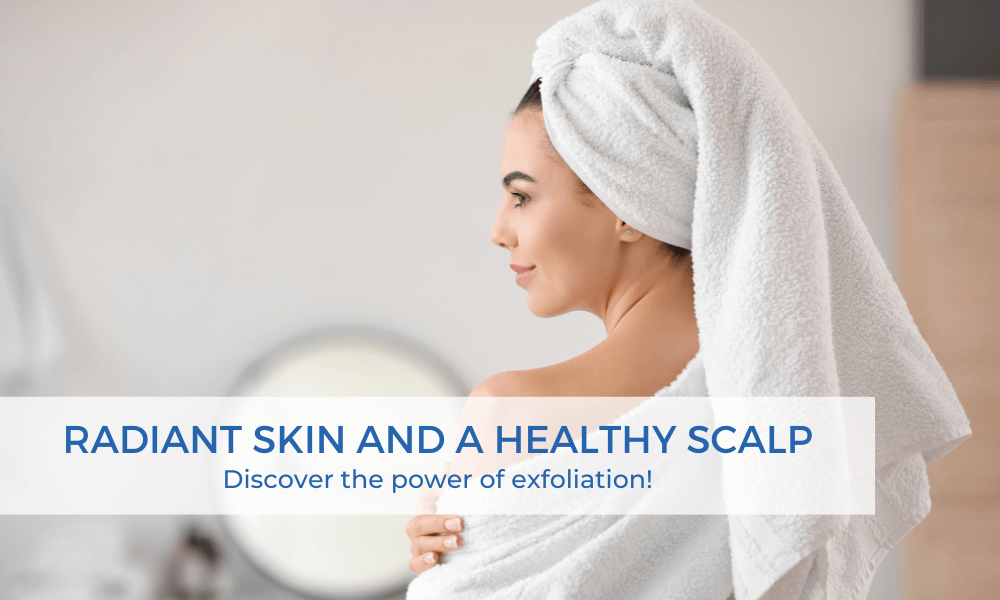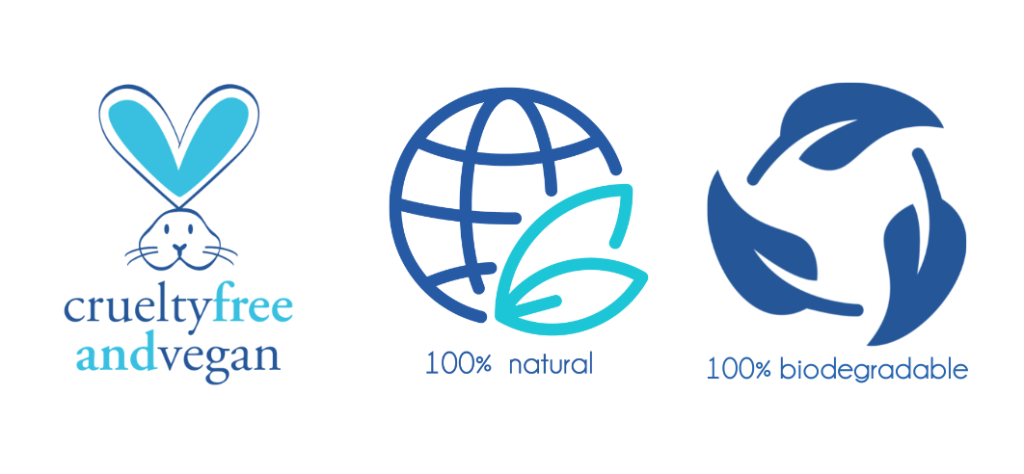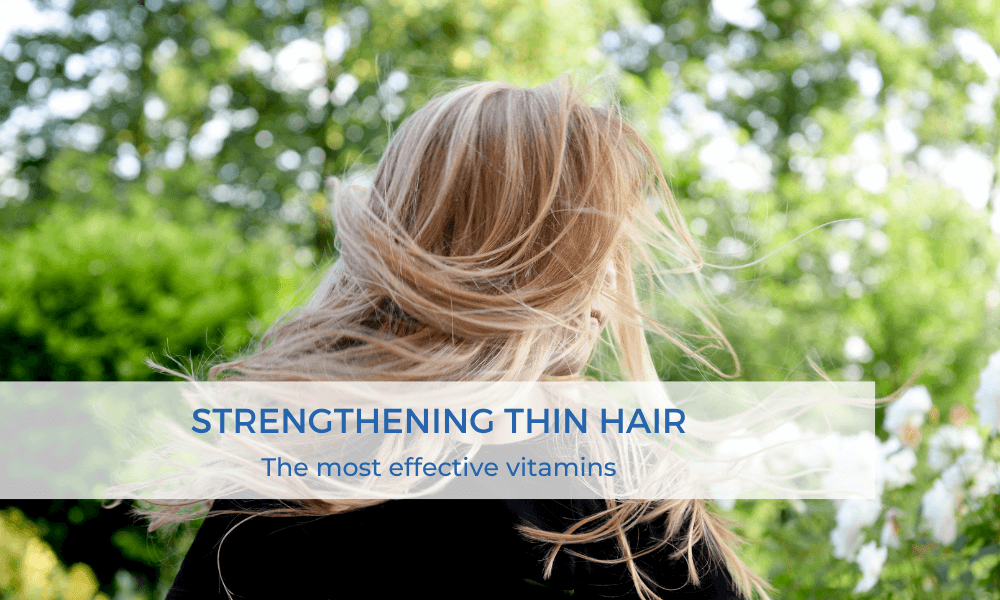
STRENGTHENING THIN HAIR – VITAMIN BOOST
Thin hair is primarily a hair type, not a hair health issue. Hair strands are lifeless structures made up of various proteins and minerals, unable to regenerate after they are damaged. Their formation requires numerous amino acids (the most important being the sulfur-containing cysteine) and minerals. Hair strands are products of the hair follicles located in the scalp. The hair follicle is a small sac-like structure with an abundant blood supply, from which the hair strand grows. The thickness of the hair strands depends on the size of these follicle openings.
Thus, having thin hair is completely normal and natural, although it often causes frustration for the individual, as it tends to flatten and lose its volume and shape quickly. However, thin hair can also occur due to various factors such as emotional problems, stress, poor hair care routine, hormonal changes, etc., leading to hair strands becoming thinner, weaker, and lacking volume.
In this article, we offer advice and solutions for treating and caring for all types of thin hair. We share tips for boosting the function of hair follicles, strengthening, thickening, and bringing life to the hair strands.
WHAT CAUSES THIN HAIR?
As mentioned above, thin hair can be a completely natural hair type, but there are unfortunately cases where hair thinning deviates from the norm. Let’s look at what can cause hair strands to become weak and excessively thin:
- If hair strands do not receive enough nutrients, vitamins, and minerals
- If you wear hairstyles that are unhealthy for your hair
- If you frequently style your hair using products that damage the hair structure
- If you use inappropriate, chemical-rich shampoos and treatments in your daily hair care routine
- If your hair is frequently exposed to harmful external environmental factors and you do not adequately protect it
These points alone don’t reveal much, so let’s dive into the details!
NUTRIENT DEFICIENCY
The scalp functions similarly to soil. The richer it is in nutrients, the better the soil and the healthier and more abundant the plants that will grow. The strength, elasticity, and vitality of the hair also depend on nutrients, and their deficiency can lead to hair strands becoming thin and weak.
One of the most important nutrients for hair is amino acids, which are the building blocks of proteins. Some amino acids (alanine, arginine, asparagine, aspartic acid, cysteine, glutamic acid, glutamine, glycine, proline, serine, taurine, tyrosine) can be produced by the body, while others (isoleucine, leucine, lysine, methionine, phenylalanine, threonine, tryptophan, valine) cannot. The latter are called essential amino acids, and the required amount must be supplied from external sources.
Amino acid deficiency is most commonly caused by improper diet, but there can be several other underlying reasons (increased protein absorption, infectious diseases, stress, old age, etc.). One of the most important amino acids for hair is sulfur-containing cysteine, which is found in the largest quantities in eggs, meat, and dairy products.
MOST IMPORTANT VITAMINS
Among vitamins, the most crucial for hair are vitamins A, C, E, and B.
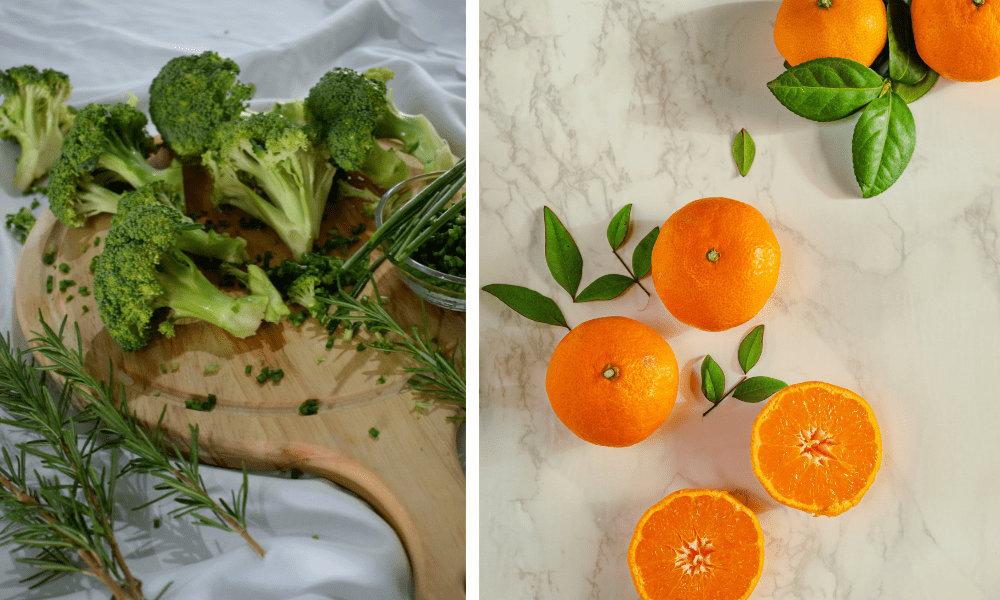
- Vitamin A
Vitamin A is essential for the healthy development of eyes, hair, nails, and bones. A deficiency in vitamin A can lead to hair breakage, skin cracking, and dental problems. To treat thin hair, it’s necessary to ensure an adequate intake of vitamin A. Natural sources of Vitamin A include fish, egg yolks, liver, and milk.
- Vitamin C
Among the key beneficial properties of vitamin C is strengthening the walls of hair capillaries. It’s also involved in the formation of connective tissue fibers (collagen fibers) in the skin’s second layer (dermis) and assists in iron absorption. This helps prevent hair breakage and protects the hair structure from further damage. Natural sources of Vitamin C include citrus fruits, broccoli, peppers, and kiwi.
- Vitamin E
Vitamin E is a fat-soluble antioxidant vitamin that also plays a significant role in the formation and preservation of healthy hair and nails. Its main effect is neutralizing cell-damaging free radicals, thereby helping against certain diseases (cancer, heart diseases), strengthening the immune system, and delaying the aging process. It enhances collagen production, contributing to hair growth and strengthening hair strands. Natural Vitamin E sources include nuts, olive oil, and wheat germ.
- Vitamin B
Among the B vitamins, biotin is the most important for the hair and skin. Biotin is abundant in various foods, so deficiency is rare in the body. However, its absence can cause nail brittleness and hair thinning. The primary natural sources of biotin include liver, nuts, rice, legumes, and cauliflower.
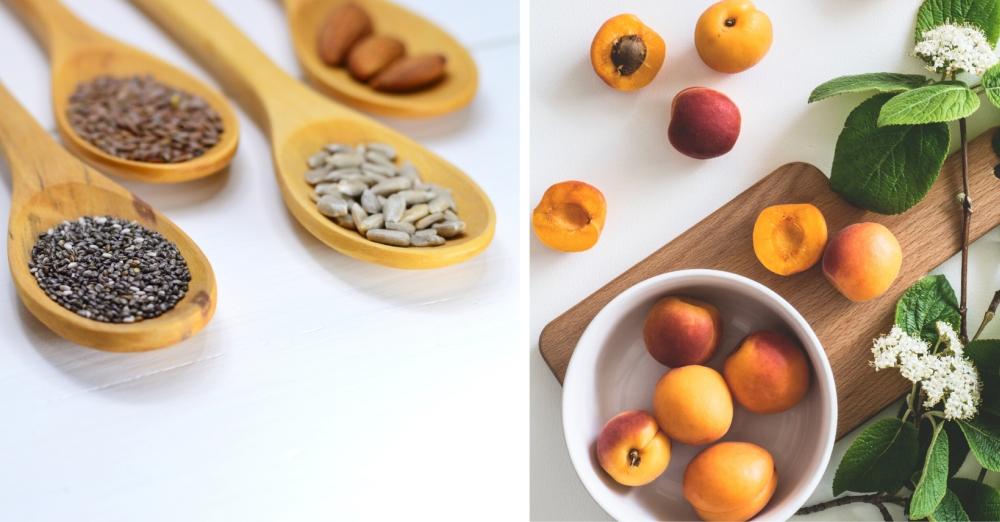
Hair strands also require minerals (trace elements) for their proper functioning. The most important trace elements are copper, zinc, selenium, and iron.
- Copper
One of copper’s crucial tasks is participating in collagen production and producing the melanin pigment (the coloring agent of hair and skin) that protects against UV radiation. It also plays a role in red blood cell formation and iron storage. Copper deficiency is rare but may occur if copper absorption is impaired due to certain intestinal diseases. Symptoms of deficiency include fatigue, dry, brittle hair, and anemia. Therefore, it plays a prominent role in treating weaker hair structures. Natural sources of Copper include seafood, rye, wheat, nuts, avocado, mushrooms, tomatoes, and bananas.
- Zinc
Besides maintaining healthy skin and hair, zinc is involved in immune system function, hormone regulation, promoting wound healing, and treating certain skin conditions. Daily requirement: approximately 12 milligrams. Severe deficiency is rare, but mild deficiency can lead to hair loss, delayed wound healing, increased susceptibility to infectious diseases, and dry, cracked, flaky skin. Natural sources of Zinc include meats, eggs, cheese, seafood, peanuts, and almonds.
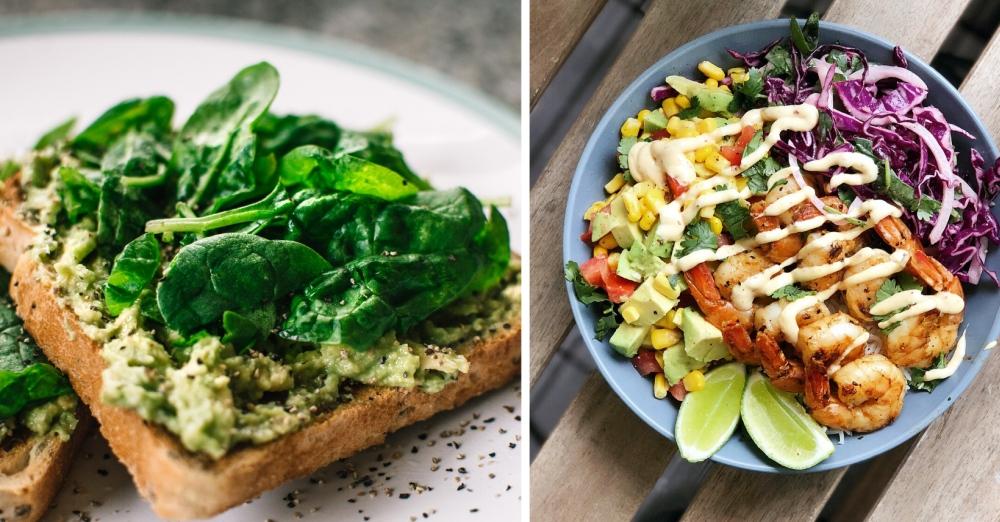
- Selenium
Selenium is a mineral with antioxidant properties, essential for maintaining healthy hair and nails. The daily requirement for adults is approximately 55 mcg (micrograms). Its numerous beneficial effects are primarily due to its antioxidant properties and its essential role as part of enzymes (proteins involved in specific chemical processes). Among its most important effects are protection against cataracts and degeneration of the macula (the area of sharp vision on the retina) and strengthening of the immune system. In cases of deficiency, hair loss may occur, nails become brittle, susceptibility to immune system diseases increases, and during pregnancy, fetal developmental abnormalities may occur. Areas with selenium deficiency show an increased incidence of cancer. The main natural sources of selenium include seafood, meats, and brown rice.
- Iron
Iron is one of our most important minerals, essential for the formation of hemoglobin, the oxygen-carrying protein of the blood, and also crucial for several enzymes and the functioning of the immune system. Iron is supplied to the body through food, and its absorption and storage are complex processes. Deficiency may occur due to inadequate intake, increased blood loss, pregnancy, or dieting. Iron deficiency anemia can lead to weakness, fatigue, hair loss, thinning and weakening of hair strands, and paleness. The primary natural sources of iron include liver, beef, legumes, spinach, Swiss chard, lettuce, and dried fruits.
DAMAGING Hairstyles for Thin Hair
Certain hairstyles can damage hair strands, leading to deterioration in hair quality, weakening, or splitting of the hair, and in some cases, more intense hair loss. When styling thin hair, we often choose hairstyles that are not the most gentle since we want to conceal the lack of volume in our hair. We commonly opt for tightly pulled-back ponytails, and we often tie our hair with rough rubber bands because another common characteristic of thin hair is that it is slippery and silky. However, buns and tight braids are also not the best choice as they further weaken the structure of the hair strands.
Hairstyling and Products
Numerous blogs and articles promote hairstyles supposedly beneficial for thin hair, many of which require curling irons, hair curlers, volume-enhancing powders, dry shampoos, and hairsprays. It’s a fact that adding waves to our hair will make it appear fuller, and using styling products will give our hair an airy, voluminous look. However, despite temporarily masking the problem, these practices damage and dry out the hair, breaking its structure, and leading to breakage and hair loss. Moreover, excessive use of styling tools/products leaves the hair feeling dirty, often leading to frequent washing, which triggers excessive scalp oiliness. Undoubtedly, hairstyling and products only worsen the situation!
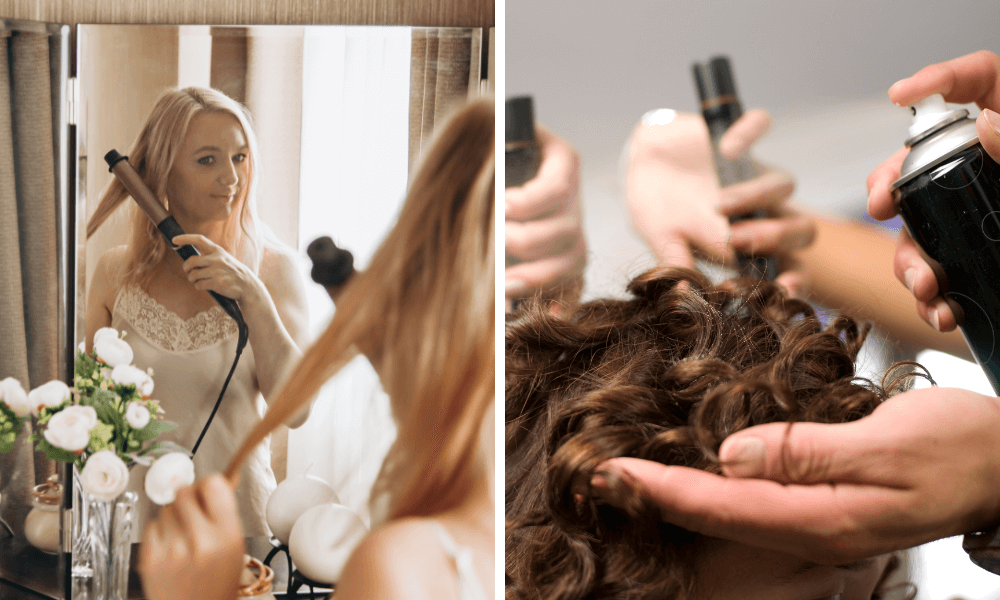
BAD Hair Care Routine
One of the most important things we can do for our hair is perfecting our hair care routine. During hair washing and at-home hair care, we most frequently come into direct contact with our hair and scalp, so it’s essential to use the right products for hair and scalp cleansing, toning, pH restoration, providing proper hair nourishment with masks, and let’s not forget about vitamin replenishment.
Perhaps not everyone considers every step of hair care, as it requires more attention and care. However, what we recommend to everyone regardless of the time they can spend on their haircare routine is the use of chemical-free, natural products. Shampoos and masks that are not 100% natural contain silicones, sulfates, parabens, synthetic fragrances, and dyes—irritating and sensitizing the scalp, stripping the hair of its moisture content.
External Harmful Influences
For thin hair, it’s essential to pay closer attention to harmful environmental factors such as strong sunlight, UV radiation, exposure to smog, dust, chemicals at home, workplace, or broader environment, urban air, or air-conditioned air, which dries out and weakens the hair structure. Exposing the hair to drying and damaging external factors will weaken and cause the hair structure to split.
10 TIPS FOR THIN HAIR TREATMENT FROM OUR TRICHOLOGISTS
By outlining what can harm thin hair or lead to its easy deterioration, we can anticipate how to care for it and strengthen it. Here are 10 TIPS on how to strengthen and volumize thin hair.
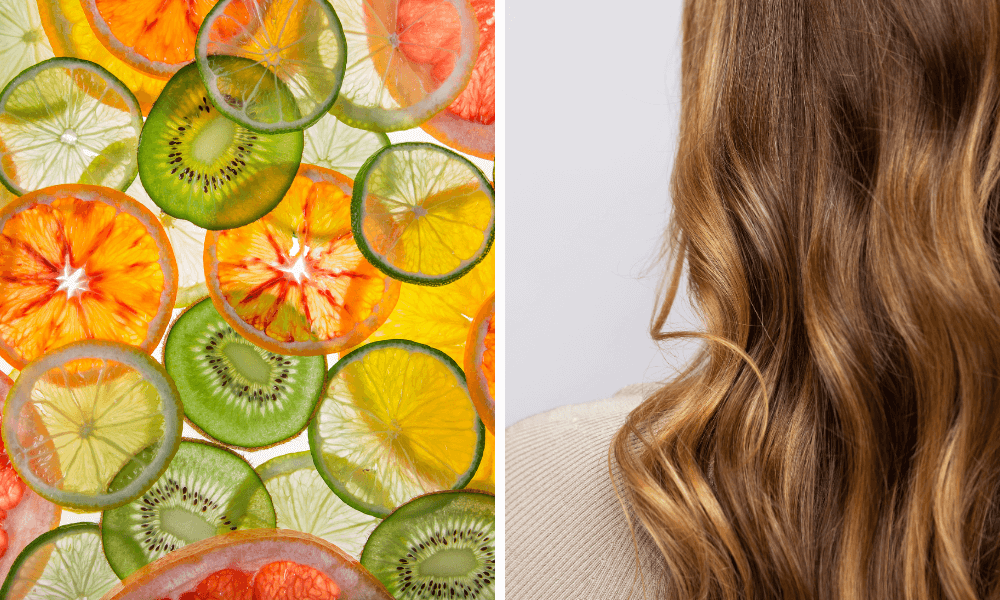
1. MAINTAIN YOUR PROTEIN INTAKE!
Cysteine protects against free radicals and other damages – an essential element of our hair. It has high antioxidant content, strengthens the immune system, and regenerates damaged cells. Choose plant-based natural protein sources (wheat germ, garlic, red onion, oats, broccoli) or reliable quality protein supplements to maintain your protein reserves.
2. SUPPLEMENT VITAMINS INTERNALLY AND EXTERNALLY
Thanks to vitamins, hair strands strengthen, new ones form, and vitamins protect hair from harmful effects, making it more resistant. Consume as many raw foods rich in vitamin C, E, and B vitamins, vegetables, and foods rich in vitamin A as possible.
3. MINERAL REPLENISHMENT
By properly replenishing thin hair, you can promote hair strand strength and elasticity! Eat a varied diet, consume natural oily seeds (almonds, hazelnuts), whole grains, legumes, and vegetables to maintain your copper, zinc, selenium, and iron reserves! Externally replenish your scalp’s mineral supply with Oxygeni Hair oxygen therapy, where more than 50 types of vitamins and minerals are delivered to the deep layers of the scalp where cell metabolism occurs!
4. HEALTHY HAIRSTYLING FOR THIN HAIR
Wear your hair down as much as possible, and don’t tie it up at night! Avoid aggressive solutions like tight ponytails, buns, and braids. Trust in the natural beauty of your hair, wear it down or tie it up loosely without pulling.
5. CHEMICAL-FREE HAIR CARE
Let your scalp breathe, don’t clog it with chemicals! Choose hair care products that cleanse your hair gently, without irritation, and replenish your hair’s silkiness and shine with natural ingredients. The 100% natural Oxygeni Hair Sensitive Wash and Sensitive Mask are the perfect choice for your everyday hair care routine for normal or thin hair.
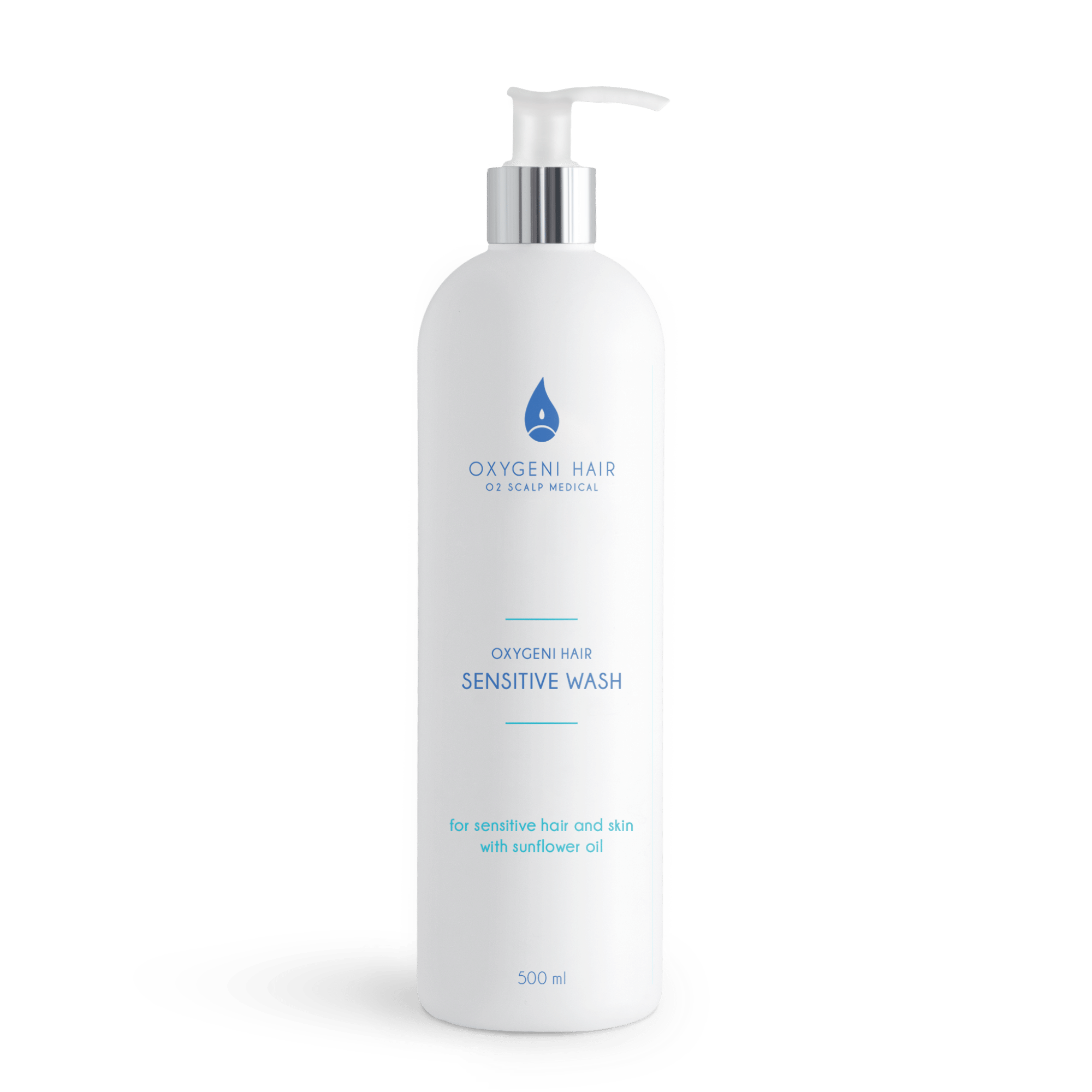
Sensitive Wash
Oxygeni Hair Sensitive Wash is a multifunctional scalp and face wash suitable for cleaning sensitive skin and scalp. A gentle product that effectively cleans the skin, scalp and hair of impurities without drying them out thanks to its nourishing and hydrating properties. Rich in panthenol Sensitive Wash helps eliminate dandruff, dry skin, itching and reduce excessive sebaceous gland activity making it a great choice for slightly oily skin.
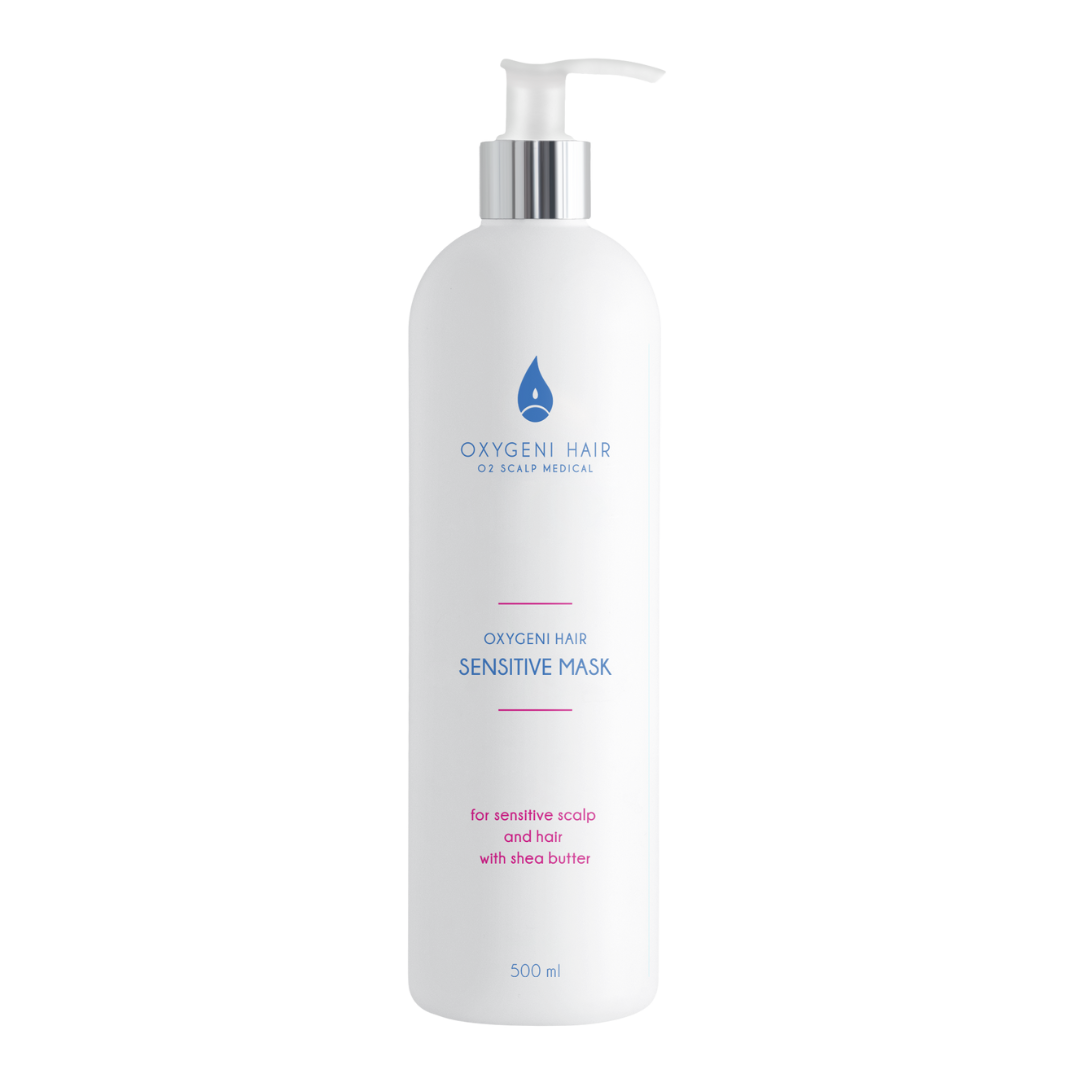
Sensitive Mask
Sensitive skin and hair care mask enriched with argan oil, shea butter and natural licorice extract soothe and care for the skin, scalp and hair. This unique mask specially developed for sensitive skin is also recommended for oily hair, sensitive, inflamed and irritated skin and scalp care. Helps regenerate dry hair and makes it silky, soft and easy to comb.
6. CHOOSE THE NATURAL LOOK
Chemical interventions like hair dyeing, bleaching, or other chemical treatments (perms, permanent hair straightening) can greatly damage the condition of thin hair, as can hair styling products like hairspray, root-lifting powder, or dry shampoo. If you can’t embrace your natural hair color, choose a new color close to your hair color (just a few shades different) and from the balayage ombre techniques that are gentle on your scalp. During quarantine, you’ve surely abandoned the habit of finishing products, but if not, try the – now trendy – natural tousled look.
7. TWO HAIR WASHES PER WEEK
Wash your hair twice a week, a maximum of three times, to allow your scalp to function properly, prevent sebum buildup, and maintain the moisture balance of your scalp. Thin, flat hair often forces us to wash our hair daily to maintain some hold for at least a few hours, but this only worsens the situation, and we slowly end up washing our hair several times a day.
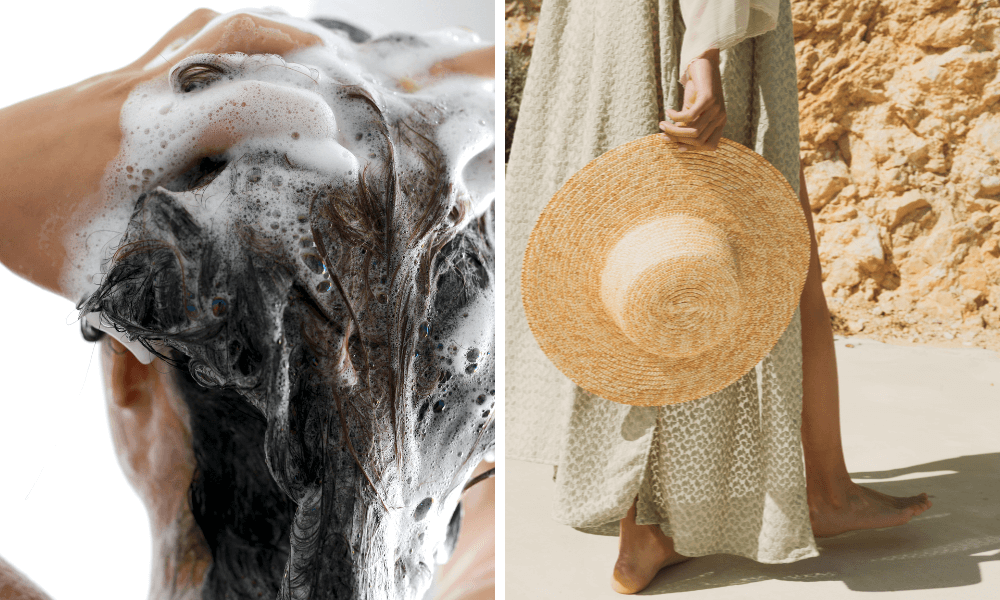
8. SUN PROTECTION
Protect your hair from light and high heat damage that can harm thin hair. Choose UV-filter shampoos and hair care products, and when under the scorching sun, wear a hat or scarf. Oxygeni Hair shampoos and treatments contain ingredients that protect against UV radiation.
9. STRESS MANAGEMENT
Reduce stress! Try to rest and relax, and get at least 8 hours of sleep at night, and your hair will thank you. The condition of our hair often reflects our mental state, so if we notice our hair thinning or becoming dull, it’s worth assessing our stress levels. Yoga, jogging, aromatherapy treatments, and walking are excellent stress-relieving activities, and detox treatments can also help find balance. Read more about detox treatments HERE.
10. OXYGEN REPLENISHMENT FOR STRENGTHENING THIN HAIR
Proper oxygen, vitamin, and mineral supply to the hair follicles revitalizes them, strengthening and thickening the hair strands! Oxygen is the most vital elixir for our hair. The oxygen therapy trichological treatment is based on replenishing the scalp with oxygen, vitamins, and minerals, which thickens and strengthens the hair strands and boosts hair growth.
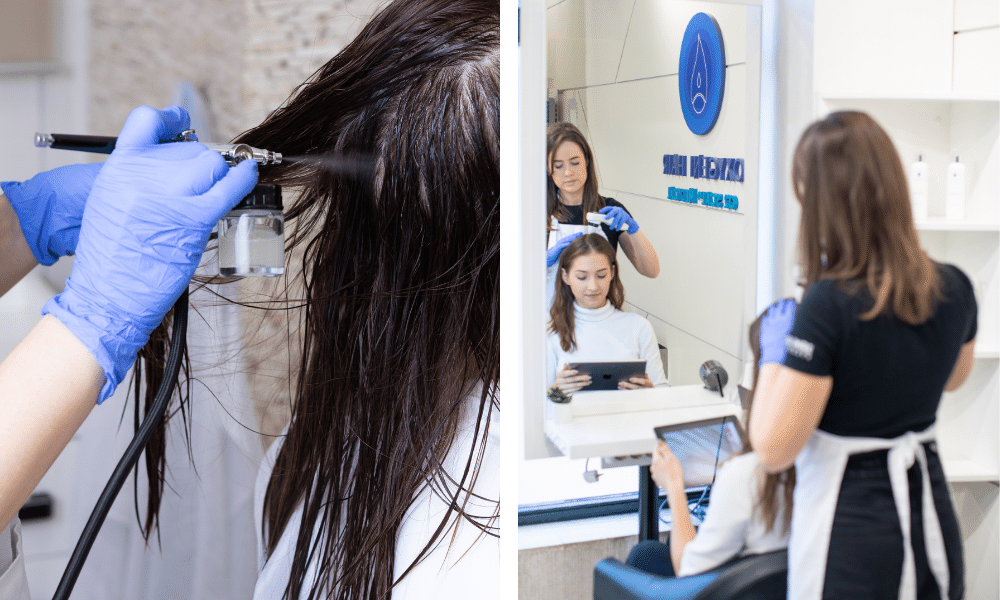
The most important aspects of treating thin hair are ensuring adequate oxygen, vitamin, and mineral replenishment, as well as protecting the hair from external harmful effects. If you want to learn more about the effects of vitamins and trace elements, read more about it in our blog. You can read about the active ingredients and components that form the basis of oxygen therapy treatments and home hair care products.
If you’ve decided to try our products, you can choose a complex package online suited to your hair type; or if you’re interested in oxygen therapy treatment, you can select the nearest trichologist to book an appointment.
OXYGEN THERAPY AND OXYGENI HAIR PRODUCT REVIEWS
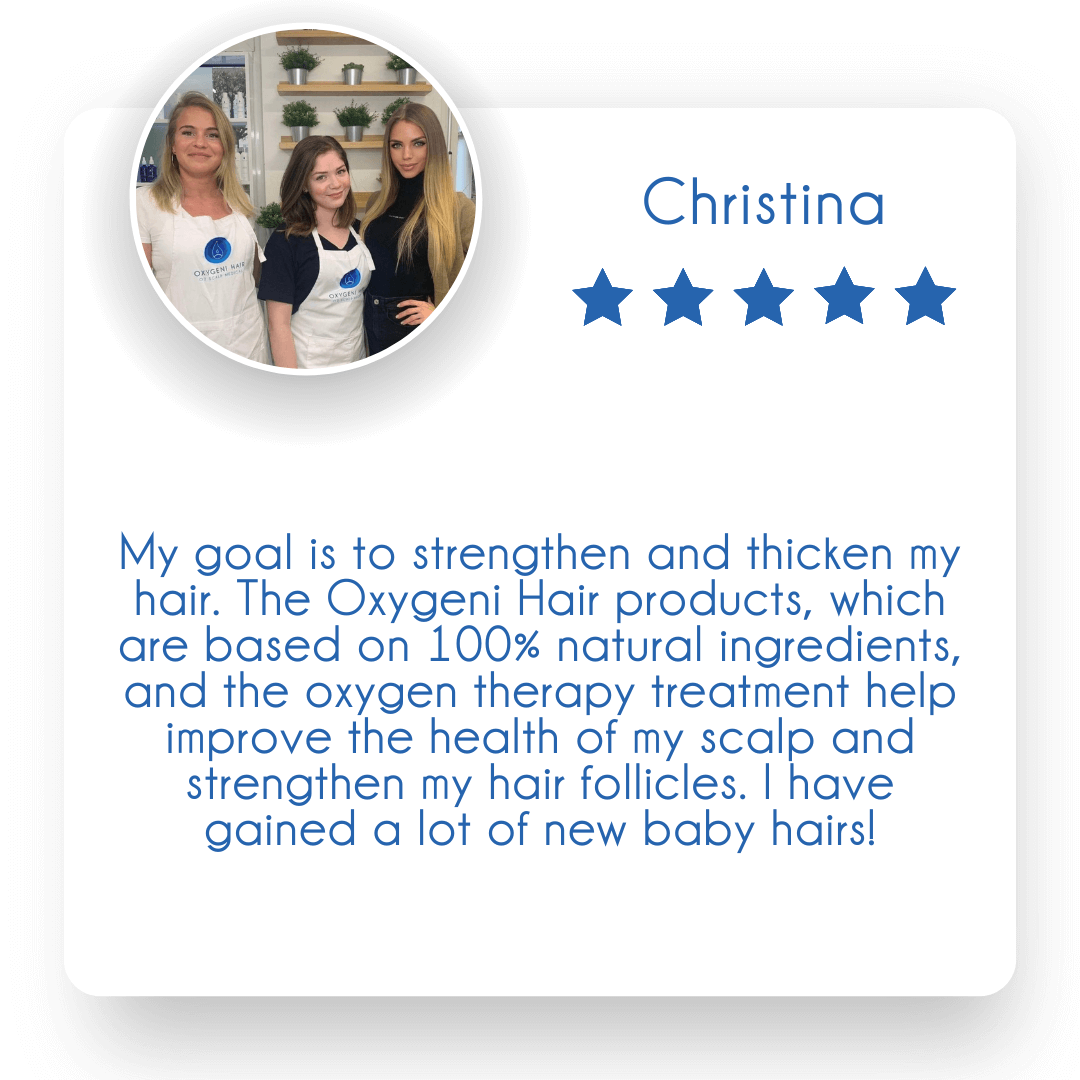

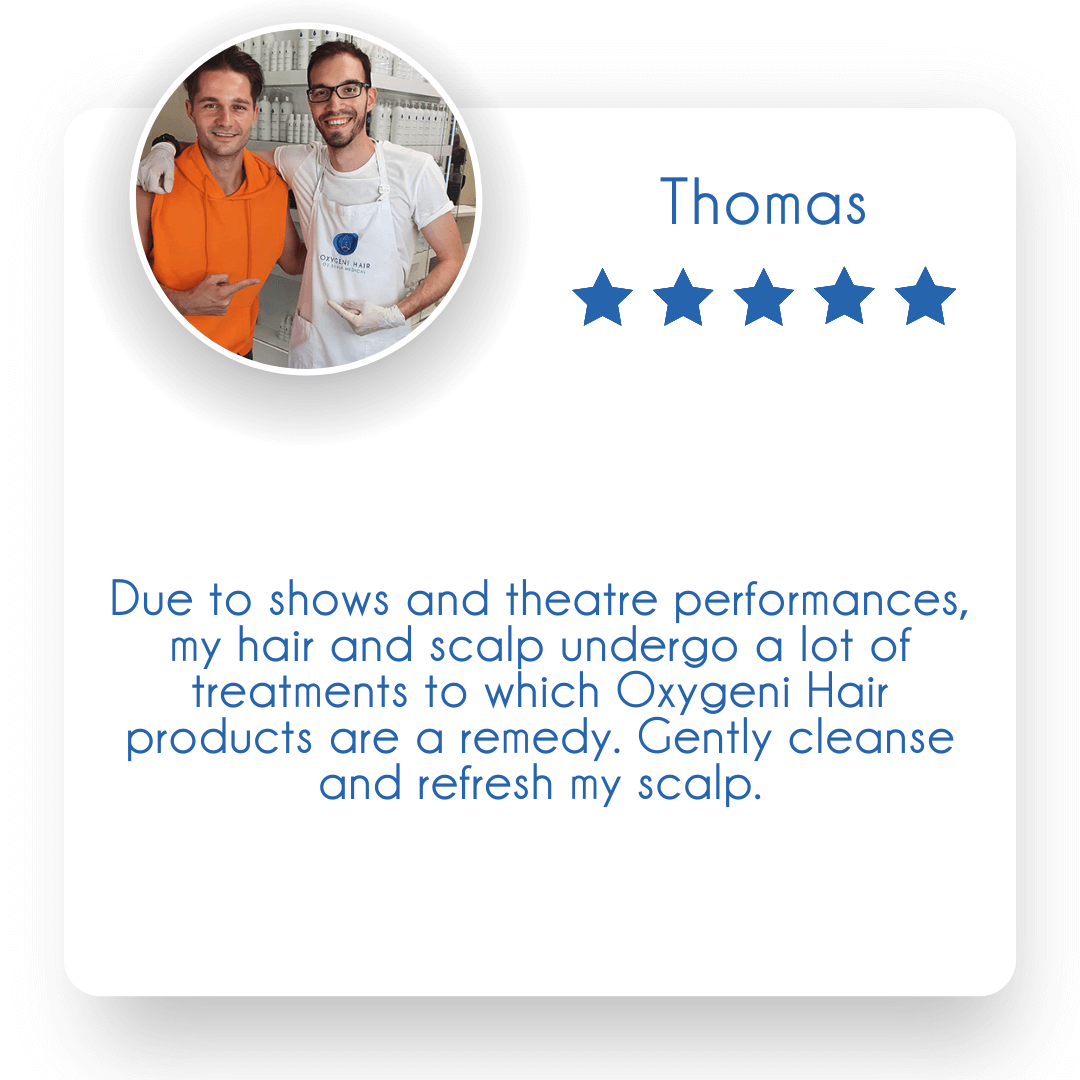
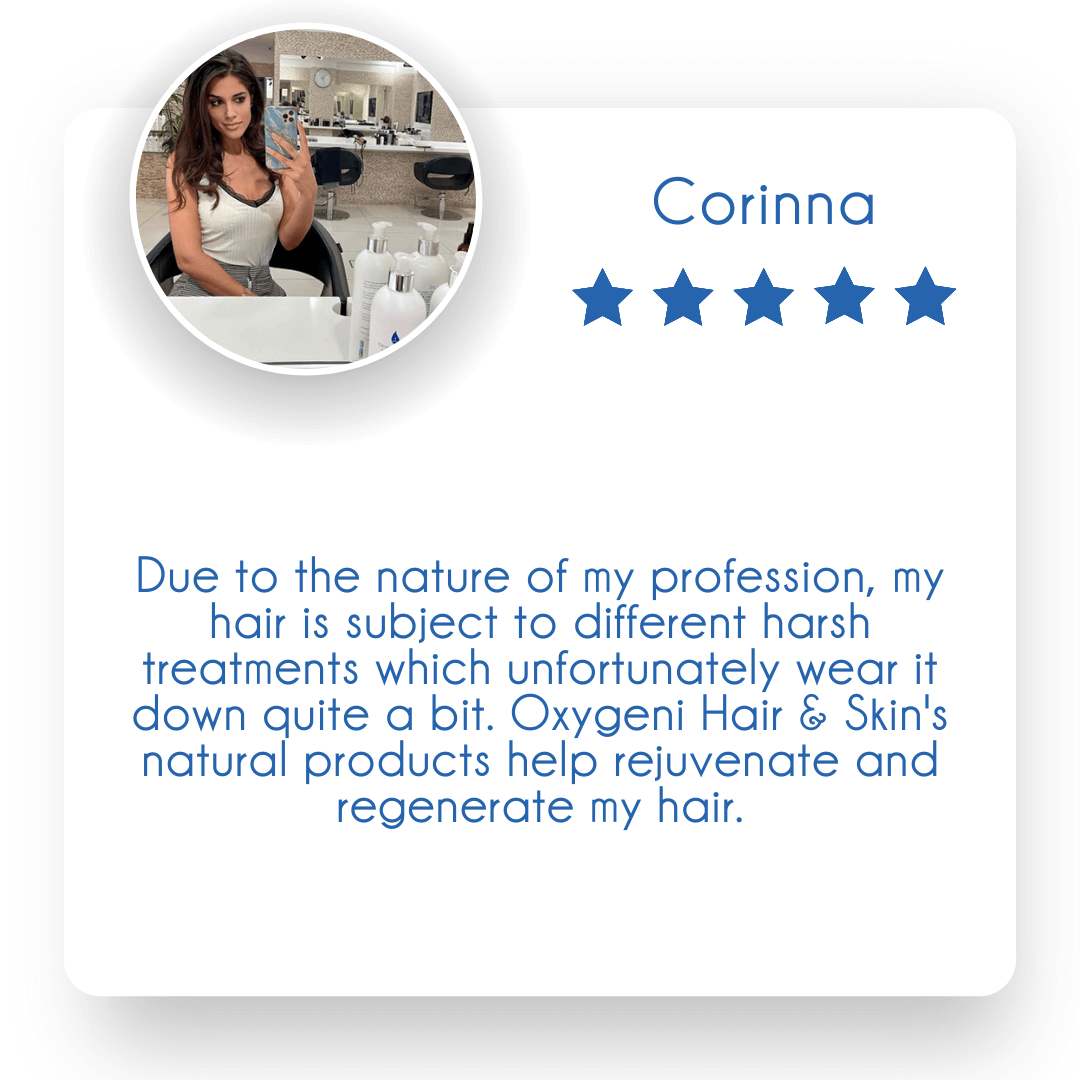
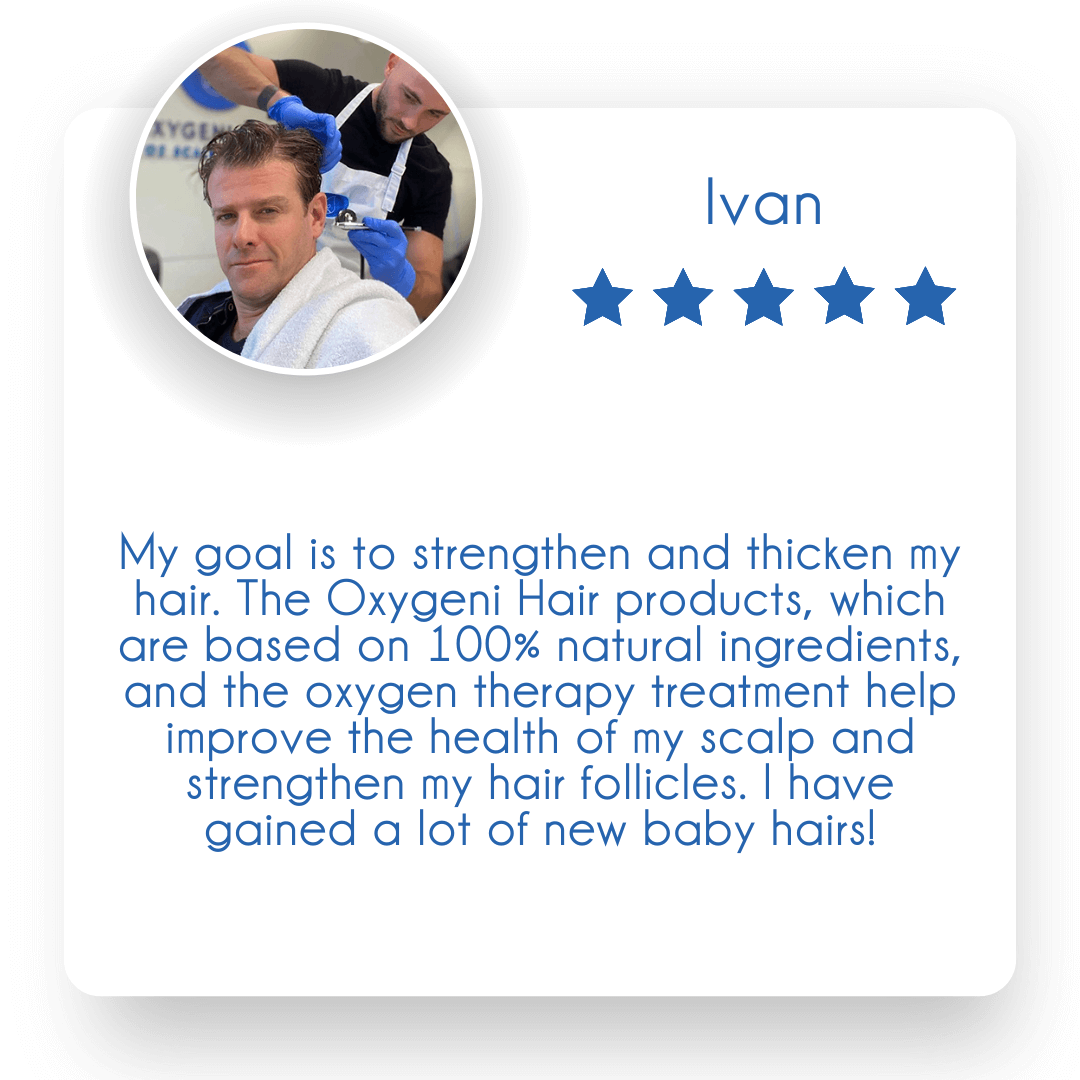
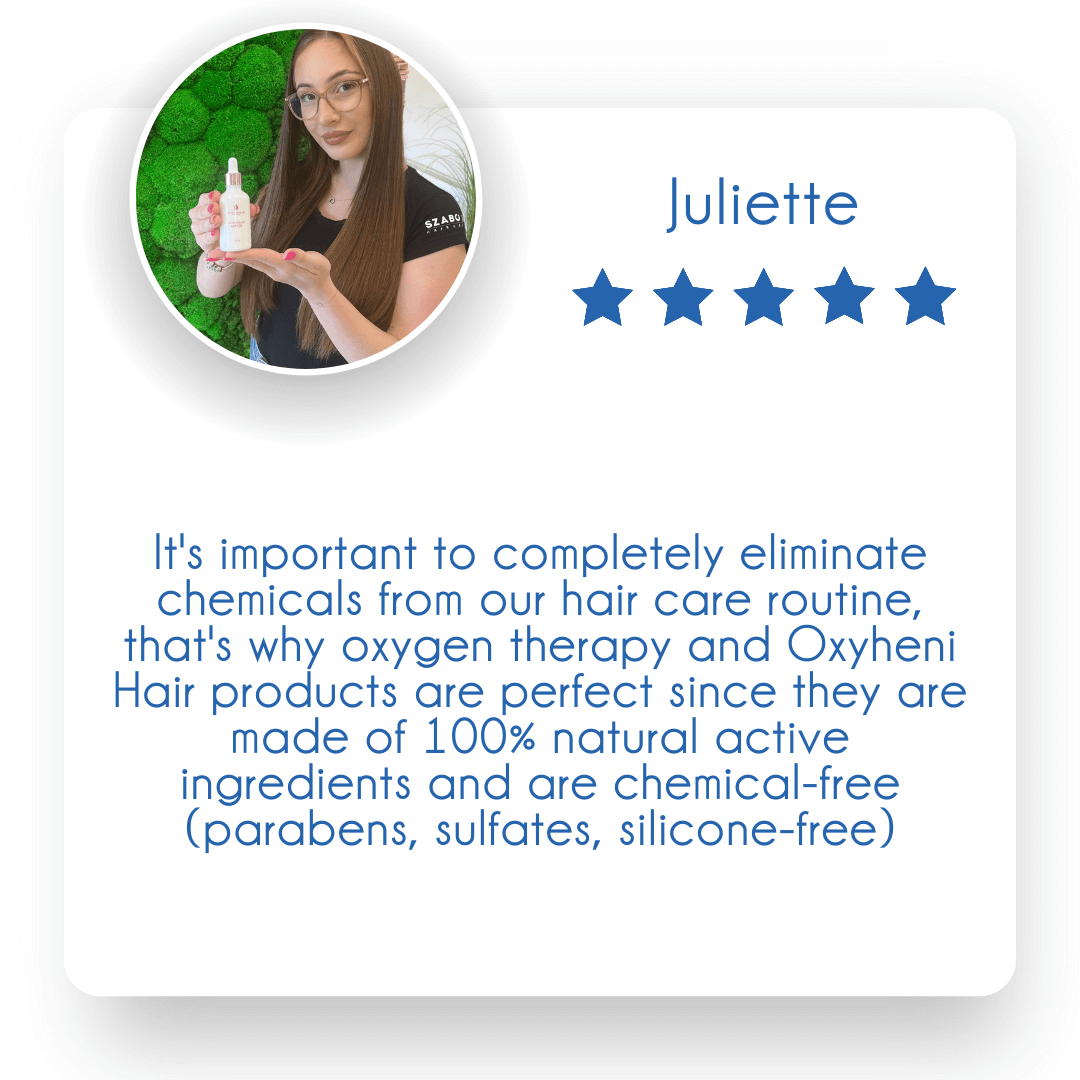
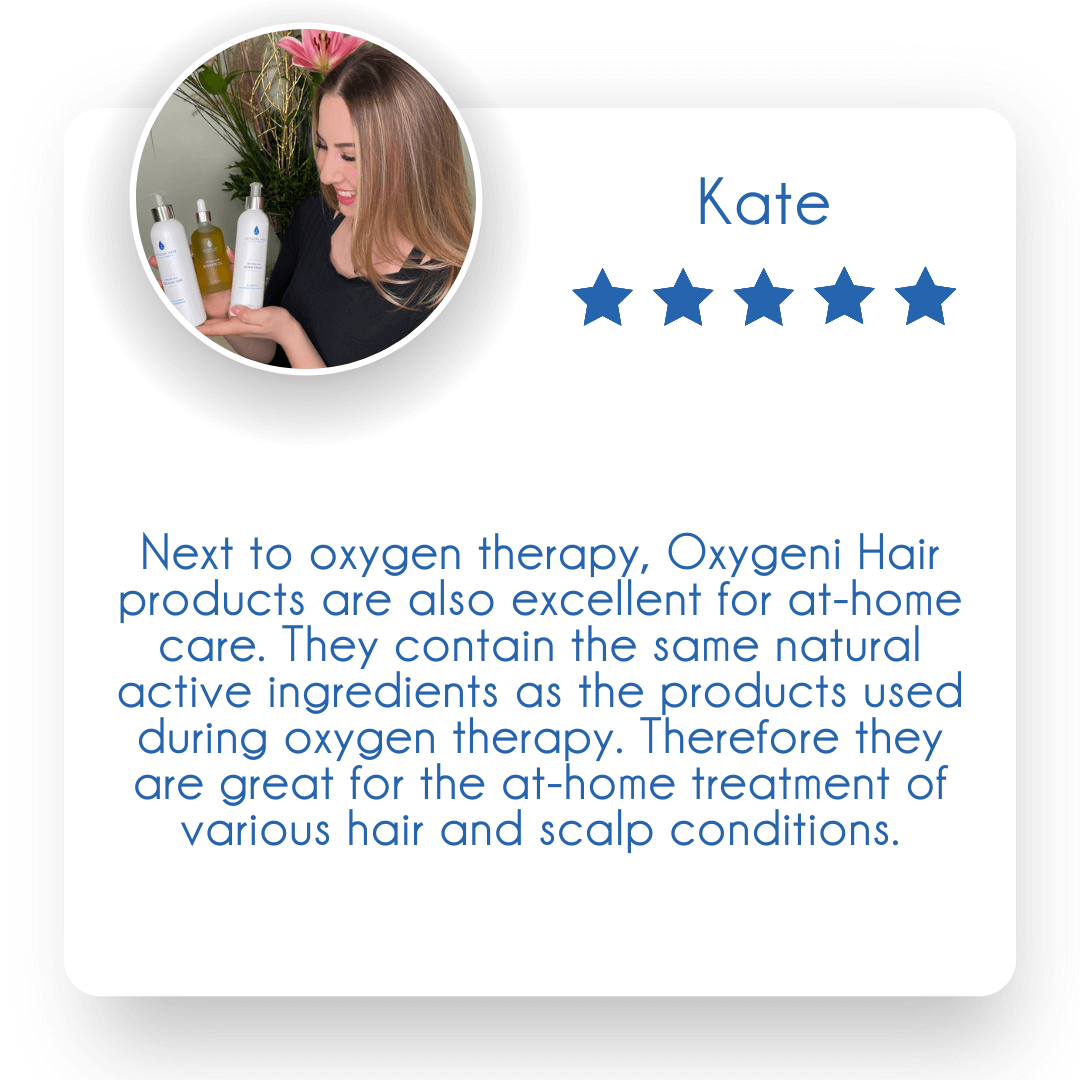
Follow us on our social media platforms!
